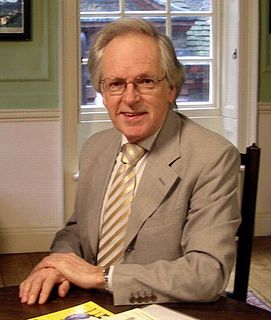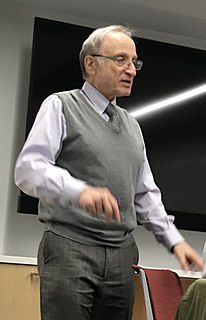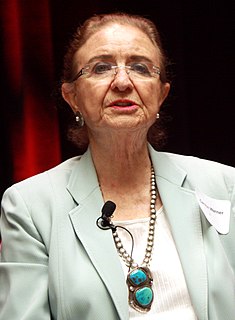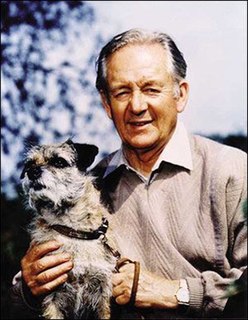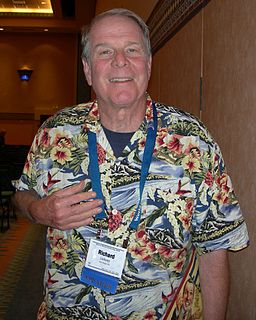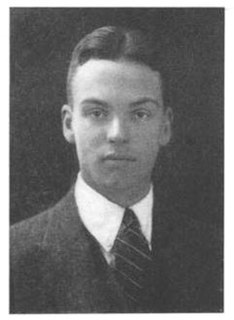A Quote by Nigel Rees
Rees's First Law of Quotations: When in doubt, ascribe all quotations to George Bernard Shaw.
Quote Topics
Related Quotes
My toils in the quotation field have led me to formulate two or three laws about the way people use and abuse quotations. My first law is: When in doubt, ascribe all quotations to Bernard Shaw - which I don't mean to be taken literally, but as a general observation of the habit people have of attaching remarks to the nearest obvious speaker. Churchill, Wilde, Orson Welles and Alexander Woollcott are other useful figures upon whom to father remarks when you don't know who really said them.
While browsing in a second-hand bookshop one day, George Bernard Shaw was amused to find a copy of one of his own works which he himself had inscribed for a friend: "To ----, with esteem, George Bernard Shaw." He immediately purchased the book and returned it to the friend with a second inscription: "With renewed esteem, George Bernard Shaw.
